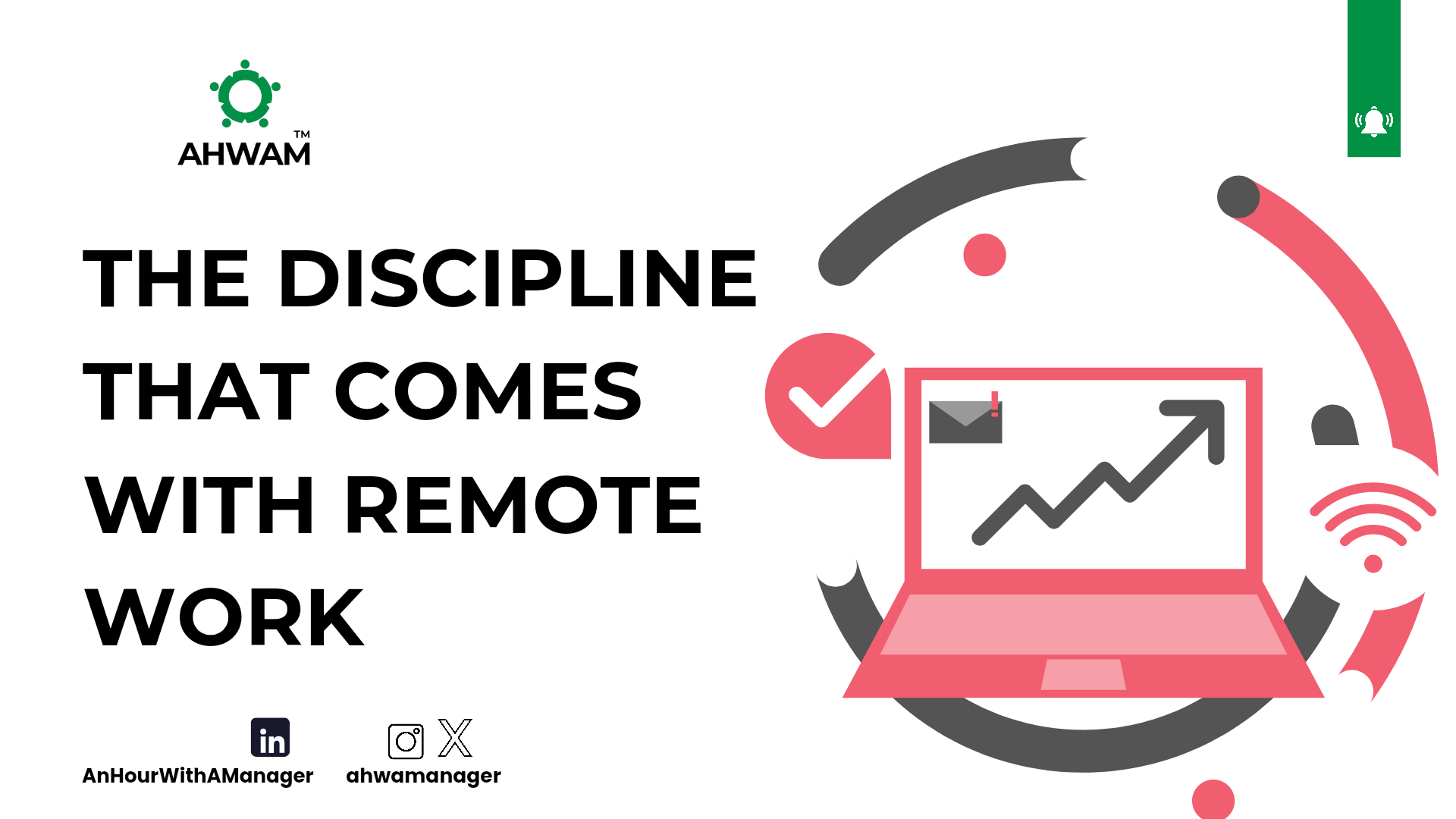In a 2023 McKinsey Global Survey on digital strategy involving more than 1,000 respondents, surprisingly they found a healthy connection between organizations that have built a strong innovative culture and operating model and their ability to increase value through the newest digital technologies, including generative AI. Artificial Intelligence (AI) is becoming an essential tool for organizations striving to improve their operations and stay competitive. For small and medium enterprises (SMEs), integrating AI into daily operations can seem discouraging. However, with the right strategies and understanding of current trends, SMEs can harness AI's potential for growth and efficiency.
In this article we would look at what the topic 5% of SMEs are doing to stay competitive with AI and some practical steps for success.
Top 5% of SMEs are utilizing the benefits of integrating AI into their Day-to-Day system
AI’s application in business has recently grown from simple problem-solving tools or logic to a full smart system for making the work process faster and better. It is also remodeling various aspects of business operations, including:
● Marketing: AI can analyze consumer behavior, optimize ad placements, and personalize marketing campaigns, which leads to increased engagement and conversion rates. It can also maintain unified and more accurate price and demand forecasts which leads to increased transparency and detailed information to understand the full consumer data. (McKinsey & Company) (McKinsey & Company) .
● Inventory Management: AI can predict demand patterns and optimize stock levels, reducing waste and ensuring timely restocking. Its effectiveness is also seen in the supply chain sector where active business and data is needed to make informed decisions on both the product and consumers. (McKinsey & Company) .
Let’s take a look at some steps we can use to integrate AI in SMEs
- Identify Business Needs and Goals: Start by identifying areas where AI can add the most value. Conduct a detailed analysis of your business processes to pinpoint pain points and opportunities for improvement and also communicate those changes with your team to enable develop a final implementation plan.
- Choose the Right AI Tools: Selecting the right AI tools is important for success. Research and choose solutions that align with your business goals. Endeavor to consider factors such as ease of integration, scalability, and cost. The inability to consider those factors can lead to business failure in final implementation.
- Start Small and Scale Gradually: Begin with pilot projects to test AI applications on a smaller scale. Use these projects to gather the right data, refine processes, and build confidence. Once successful, gradually expand AI integration across other business areas for fast delivery.

- Collaborate or work with Experts: It is important to partner with AI experts and consultants to guide your AI journey. Their expertise can help you avoid common pitfalls and ensure a smooth transition which is never simple at first implementation. (McKinsey & Company) .
- Monitor and Evaluate Performance: Continuously monitor the performance of AI initiatives. Measure success and identify areas for improvement using key performance indicators (KPIs). Regular reviews, Q&As, and feedback sessions can ensures AI remains aligned with business objectives and goals. (McKinsey & Company) (McKinsey & Company) .
Future Trends in AI for SMEs
● AI and IoT Integration: Leveraging the Internet of Things (IoT) combined with AI, SMEs will be provided with real-time insights and automation capabilities.
● AI Democratization: As AI tools become more accessible and affordable, even the smallest enterprises will be able to leverage advanced AI technologies (McKinsey & Company).
Why It Is Important to Note
Integrating AI into daily operations is now essential for SMEs aiming to succeed in a competitive market. While it's necessary to include AI in various business processes, SMEs should first understand why AI is important for them, which aspects of their business need it the most, and how they want to apply it. From there, training employees and other stakeholders will be smooth.
AI offers various benefits, such as improving marketing efforts with data-driven insights and analysis and improving inventory management by predicting demand. Additionally, AI can provide valuable analytics to inform the right business decisions, helping SMEs stay ahead of their competition. The future of work and AI integration will simplify business processes for owners. For instance, AI can automate routine tasks, allowing employees to focus on more creative activities, thereby increasing overall productivity and innovation.
Lastly, don't forget to implement strong security measures at all stages of development to protect sensitive data and ensure compliance with regulations. For example, there was a case where a man bought an expensive car for a dollar due to incorrect input by an untrained AI in a customer support system. I believe you won’t like to sell a product worth $100,000 for $2 (McKinsey & Company).
Summary
AI offers various benefits, such as improving marketing efforts with data-driven insights and analysis and improving inventory management by predicting demand. Additionally, AI can provide valuable analytics to inform the right business decisions, helping SMEs stay ahead of their competition.











